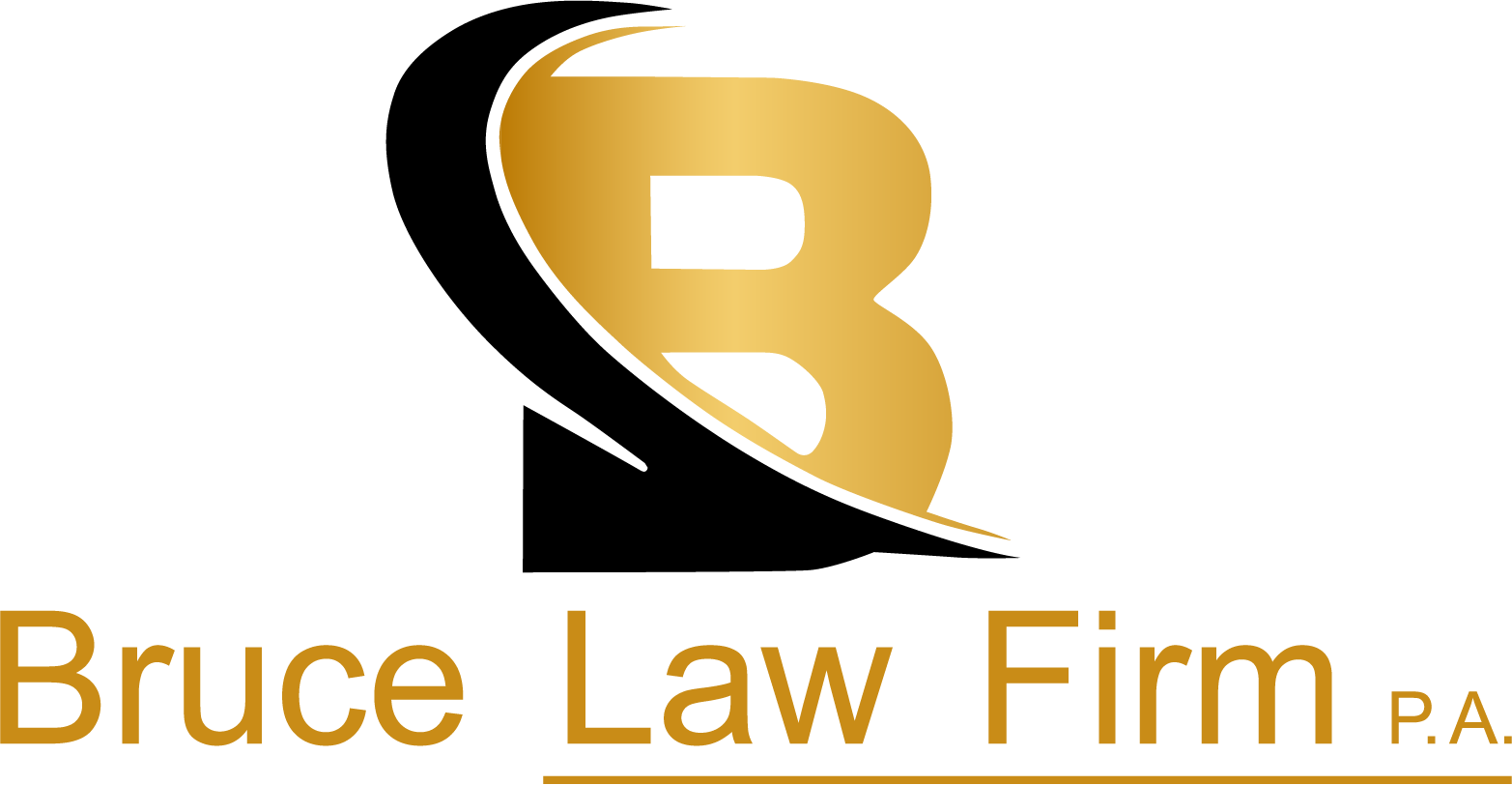When one or both spouses in a divorce in Florida own a business that ownership interest is often deemed martial property and becomes a part of the equitable distribution that occurs in a divorce. Sometimes the business or businesses themselves will be named as defendants in the divorce so the Court can obtain jurisdiction over them to oversee, for example, the exchange of financial records in the discovery process.
Can you lose your business in your divorce
There are three recognized business entities in Florida; the corporation, the limited liability company, and the partnership. Most businesses formed in Florida are LLCs. This is mainly because the partnership affords little to no liability protection and the laws regulating those have not been update in a very long time and the corporation is cumbersome to manage and to properly maintain.
The LLC is akin to a hybrid between the partnership and corporation and is particularly well suited to small, closely held businesses, which make up most of the businesses in Florida. It is also easy to manage and maintain requiring only an operating agreement whereas the corporation requires both bylaws and a shareholder agreement. Corporations have shareholders, officers, and directors while LLCs have either members, managers, or both. You can read more about these entities at Which is better the Inc. or the LLC.
The membership interest in a Florida LLC is a personal property interest. In multi-member LLCs, that interest is protected by law and only the distributions against the interest can be reached by a judgment creditor through a charging order. For single member LLCs, the membership interest is also similarly protected, but those protections are limited by statute.
If a corporation does not have bylaws and a shareholder agreement Chapter 607 of Florida’s Statutes control the entity. Likewise, if an LLC does not have a written operating agreement, then Chapter 605 of Florida’s Statutes governs the company. Because these governing documents as they are called are contracts between the owners, they are enforced and respected as contracts meaning they are not subject to being set aside by a court. Click this link to understand better if you need an operating agreement.
Whether you can actually have your ownership in a business taken away from you in a divorce depends on what kind of entity it is, whether there are any governing documents in place, and the particulars of the divorce action. Thus, it is wise to consult with an expert in business law as well as with your divorce attorney on these issues early in the dispute or even before the divorce is filed.
What involvement does a business have in your divorce
Because it is rare that a person’s actual ownership in a business would be taken in a divorce like a piece of property, the involvement of a business in a divorce is more often limited to providing financial information so one or both of the parties in the divorce can assess the value of the ownership interest.
Corporate financial information is not protected like personal financial information is under Florida’s Constitution. But it can be sensitive or even proprietary business information that can be used by third parties to damage the business or gain an unfair advantage. Thus it is wise to put a confidentiality agreement in place either by agreement or by court order in the divorce before any business financial information is disclosed.
Given that the ownership interest in a business or businesses is considered marital property in a divorce, the party requesting the financial information of the business has a right to obtain that in order to assess the value of that interest. However the court must consider valid concerns surrounding that sensitive information and undertake reasonable efforts to protect it which ordinarily is in the form of a confidentiality agreement between the parties or court order expressing the limitations on the use of that data.
What does my business have to do when I divorce
For the past several years Florida has had requirements in all civil lawsuits that parties involved must preserve relevant electronically stored information known as ESI. This ESI data can include financial information as well as emails and other data if it is relevant to the issues in the divorce. Often requests are exchanged for personal ESI including texts and social media. Businesses are subject to third party subpoenas for such information in a divorce or if named as parties to the divorce can be subject to direct requests for this ESI. Click this link for what data a business needs to preserve.
What a business must do when either served with a subpoena for information in the divorce or served with a summons and made a party to the divorce is preserve relevant ESI. The key component is relevant ESI and not all ESI is relevant. What to preserve should be a topic of discussion with the business lawyer that represents the business or is retained to do so. If you would like to know what to do if your business receives a subpoena please click the link.
This ESI may never come up in the divorce but a failure to at least preserve and maintain what is reasonably determined to be relevant data can result in sanctions against the business known as spoliation sanctions. Thus to avid putting the business in harm’s way it if prudent to preserve relevant ESI no different than if the business was sued by another business in any other lawsuit. To learn more about electronic discovery use this hyperlink.

Can my spouse freeze my business assets with a lis pendens
A lis pendens is simply notification of a lawsuit over a particular piece of property, real or personal. It links the records of the lawsuit to the repository where the title to the property resides. A party in a divorce can file and record a lis pendens if the requirements of the controlling statute are satisfied. A lis pendens is not a judgment nor it is a writ. It is not issued by a judge or approved by the court. It is a simple notice to prospective buyers to let them know someone else has a claim to the property they are considering buying. To read about lis pendens you can click the link and to understand how these can be removed use the link to how to remove a lis pendens in Florida.
A party in a divorce can file and record a lis pendens if the requirements of the controlling statute are satisfied.
If your business assets are the subject of a lis pendens in a divorce the best response is to first discuss the options with your divorce attorney and business lawyer. Occasionally a solution may be available outside of court or involving the court may be a viable strategy or solution.
Written by David Steinfeld
David Steinfeld is one of the few Board Certified business law experts in Florida. He has been licensed for almost 25 years. He is AV-Preeminent rated, ranked as one of the Best Lawyers in America by U.S. News and World Report, and consistently named a Florida Super Lawyer and one of Florida’s Legal Elite. Dave has also received Martindale’s prestigious Judicial Edition Award for high reviews by Judges, its Platinum Client Champion Award and has a 10.0-Superb rating on AVVO as well as a 10.0 rating on Justia, lawyer reviews websites.
Check out business lawyer David Steinfeld online for helpful videos and articles on Florida business law, real estate disputes, and electronic discovery solutions for your business.
- Review this with one of our attorenys- Schedule a Conversation
- Call today to schedule a time to talk to an attorney (561-286-8275)



